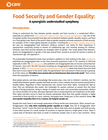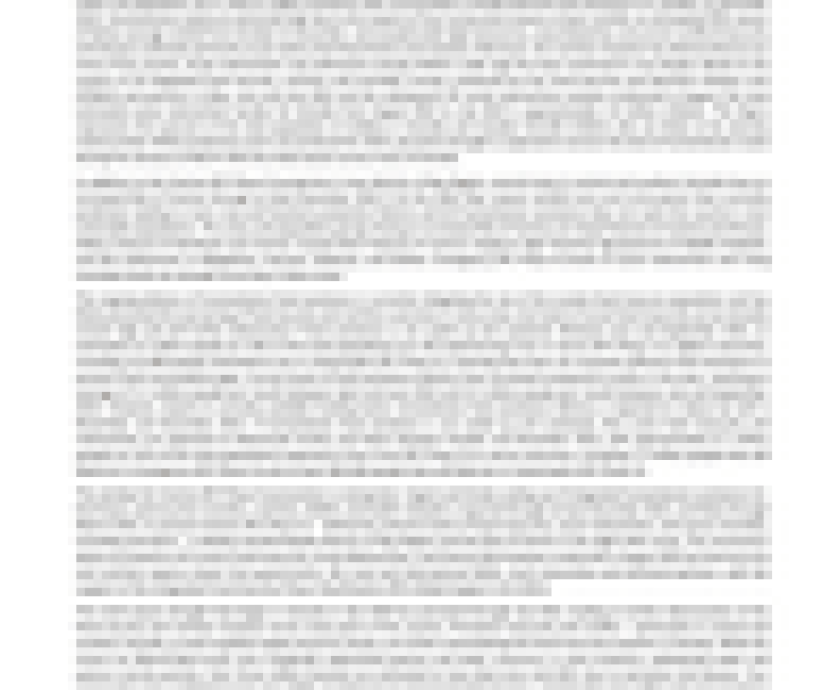Click to expand Image
Taiwan’s Foreign Minister Joseph Wu, left, speaks with US House Speaker Nancy Pelosi as she prepares to leave Taipei, August 3, 2022.
© 2022 Taiwan Ministry of Foreign Affairs via AP
“F***, she got off the plane!” a man in China yells, as he smashes chairs in a video posted on the popular Chinese microblog platform Weibo. “She” refers to Nancy Pelosi, the speaker of United States House of Representatives. The man is upset that the Chinese government allowed her plane to land in Taiwan instead of shooting it down.
Chinese social media is awash with similar videos and posts calling for violence against Taiwan. Around the time of Pelosi’s arrival, the sheer volume of discussion on Weibo overwhelmed the platform; users reported difficulty loading the website and the mobile app.
China’s sealed-off internet has made it difficult for outsiders to see the depth of hostility circulating there. The authorities block many popular international websites in the country while also making it harder for people outside the country to access Chinese websites. What’s said on Chinese social media might not be representative of the thinking of the average person in China, but the volume of hate suggests an upswing in ultra-nationalism in recent years. This reflects in part incessant state propaganda and censorship over territorial, ethnic, and human rights issues.
“Taiwan has always been an inseparable part of China.” As someone who grew up in China, this propaganda line – whose accuracy has been widely rebuked by experts – and many others are so imprinted in my mind that I can still easily recite them even after years living abroad. Discussions challenging these Chinese Communist Party platitudes are strictly prohibited and could send one to prison. Many human rights lawyers, activists, and writers who advocated for dialogue, reconciliation, and freedom have been jailed or driven to exile. Much of what remains online is a cacophony of rage and hate.
Beijing is now tasting the bitter fruit of its own oppression. Some netizens are calling on the Chinese government to dissolve the State Council Taiwan Affairs Office, the government body dealing with Taiwan, arguing that these officials are “traitors” in need of “punishment.” After many posts where users had shifted their anger away from Pelosi and towards the Chinese government for failing to stop her Taiwan visit, social media platforms and accounts belonging to state media started to censor user comments.




